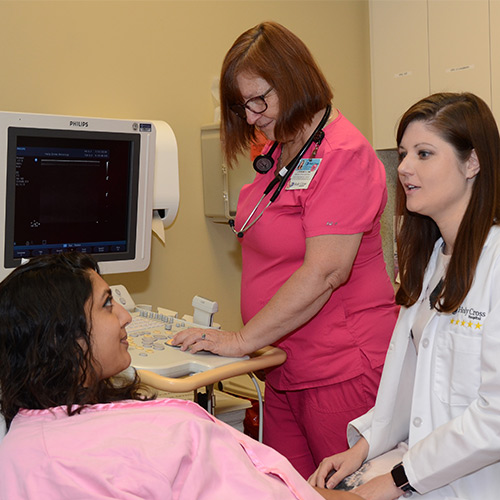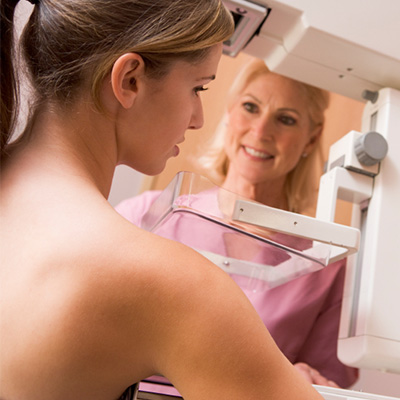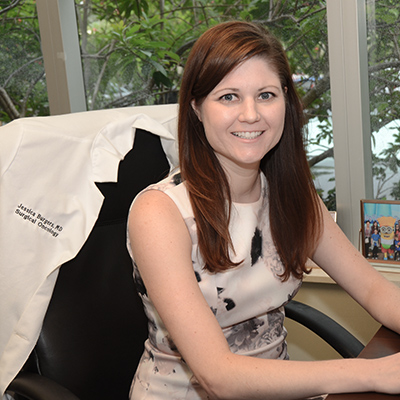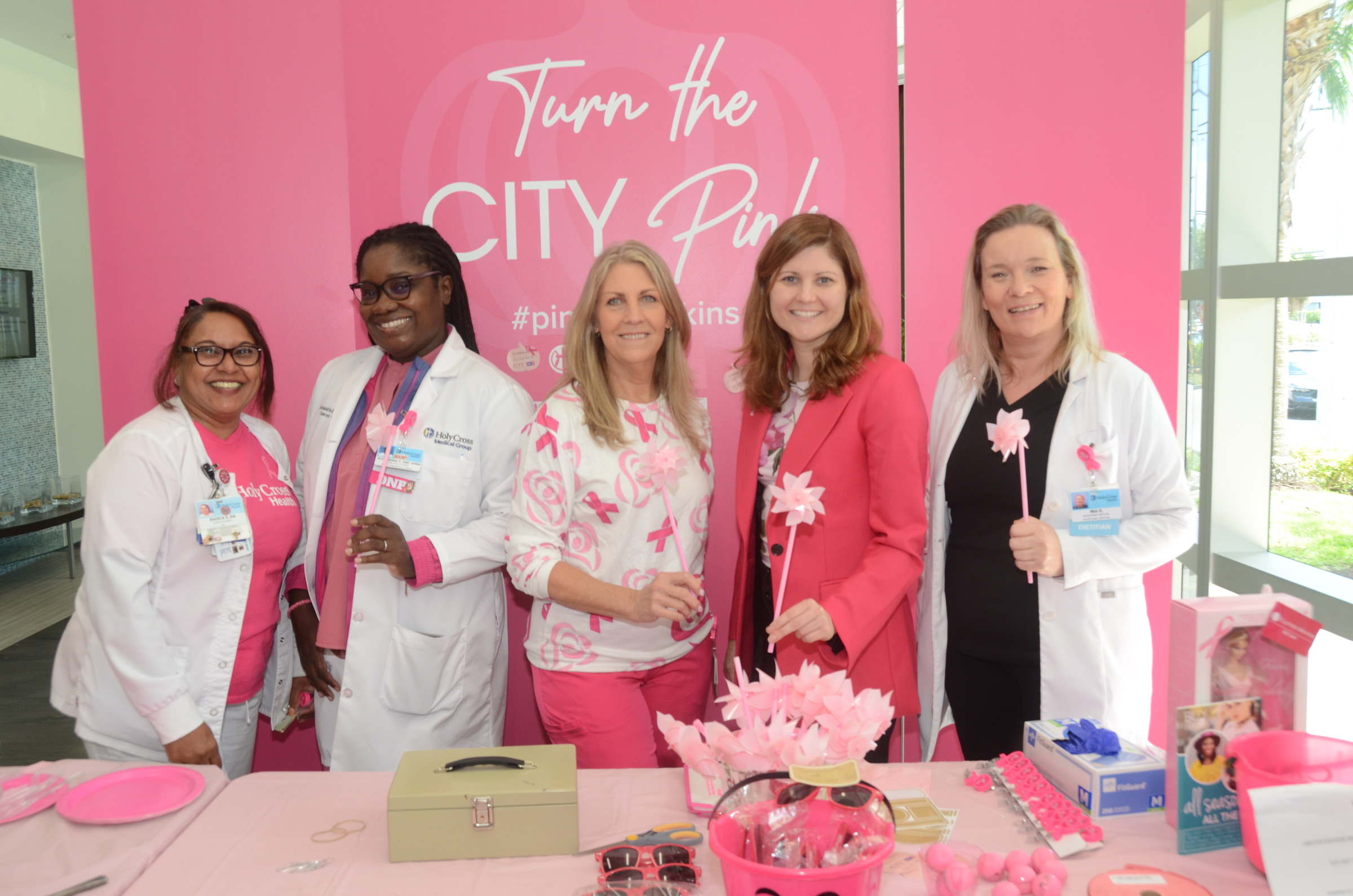High Risk Patients
Are you at high risk for breast cancer?
The best way to determine your personal risk for breast cancer: Visit a breast specialist like Dr Burgers.
1 in 8 women will be diagnosed with breast cancer- this equals 12.4% and is considered to be an average lifetime risk.
Why do we want to estimate lifetime risk?
20% lifetime risk is considered high risk.
Things that can increase a woman’s risk include:
- multiple family members with breast cancer
- biopsies with atypical cells
- chest wall radiation
- Ashkenazi Jewish heritage
- along with other factors
Have you ever wondered why you fill out a questionnaire when waiting for your annual mammogram?
This information is used to calculate your risk. You can often find this number at the bottom of your mammogram report. If you are not sure where to look, ask your doctor. If you are high risk or have any question, request a referral to Dr Burgers.
A breast specialist is a physician who has dedicated their career to breast health and works with a comprehensive team knowledgeable in all areas of breast wellness including genetics, breast imaging, risk-lowering medications and surgery.
What can you expect at your first appointment?
Dr Burgers will review you imaging, personal and family history, lifestyle and other possible risk factors. You will receive a comprehensive physical exam.
Based on this information you may receive a referral for genetic testing and recommendations for additional imaging (examples are breast MRI or ultrasound).
If you are found to be high-risk,
what is the anticipated follow up?
Other considerations are risk reducing surgery and risk reducing medications. These are not always necessary and will be individualized based on your risk factors.
Dr Burgers may refer you to a breast medical oncologist to discuss risk reducing medications, if appropriate in your case.
We look forward to meeting you!
Phone
Dr. Burgers' Hours
Monday - Friday:
8:30am - 5pm
4725 N Federal Hwy,
Fort Lauderdale, FL 33308
By Dr. Jessica Burgers | © 2019 All Rights Reserved. Design & Development by Goldman Marketing Group | Sitemap | Privacy Policy | The information available on this web site is provided for informational purposes only. This information is not intended to replace a medical consultation where a physician's judgment may advise you about specific disorders, conditions and or treatment options. We hope the information will be useful for you to become more educated about your health care decisions.





